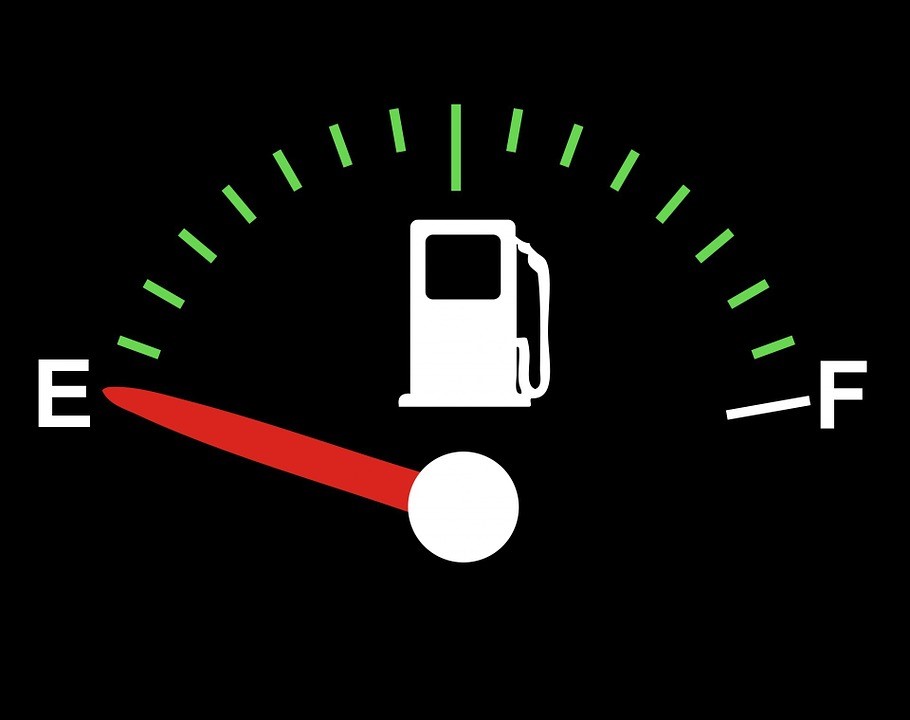One of the jobs of American Presidents is to protect the citizens of this great nation from harm. The threat may come from the barrel of a gun or from an enemy’s economic policies. It should not come from inside the White House.
In June, President Biden ordered the sale of part of the US strategic petroleum reserve to communist China. Much of the five million barrels sold to foreign entities went to Sinopec, a company with which his son, Hunter Biden, may still have ties from his financial ventures. The President released the emergency reserves at a time when domestic oil prices are hitting the average American family hard amidst rising across-the-board inflation that this week reached a 41-year high.
Biden’s immediate response to the fallout from his decision was to blame American oil producers and call on US oil companies and gas stations to cut prices. The Strategic Petroleum Reserve (SPR) through October is releasing a million barrels a day through at least this October. The flow is draining the SPR, which last month fell to the lowest since 1986.
This week, after the strategic petroleum sale, the president headed to Saudi Arabia with the announced goal of securing more oil for the United States. It appears he will return to Washington with a little short-term help from Saudi Arabia. The kingdom agreed to raise oil production 50% above planned levels for July and August. The White House has not commented on what happens in six weeks at the end of August when the warm summer heat dissipates and the demand for heating oil increases as temperatures drop. Energy analysts suggest that the temporary help from Saudi Arabia is not enough to forestall more price increases in the coming months.
The former head of Saudi Arabian intelligence, Prince Turki Al-Faisal, on Friday called Biden a “much diminished president” since he assumed office in January 2021. In a television interview on Friday the Prince said: “As an example, on energy issues, he [Biden] came in with a policy to stop completely fossil fuel usage not only in the United States, but worldwide, and now he is finding himself having to rely on fossil fuels as a means of meeting the energy shortage that has come about, not only because of the Ukraine war, but also because of US policy itself that shut down pipelines and stopped issuing … discovery of oil on US soil.” If the Saudi prince can understand the energy situation, one must question what is going on in the halls of power in Washington, DC and who is sculpting our downward-spiraling energy policy.
Biden, a vocal critic of the kingdom, is expected to raise human rights in his meetings in Riyadh over the weekend. Although relations between the US and the kingdom remain tense, and the US needs Saudi Arabian oil this summer. Biden has vowed to raise the human rights issue in bilateral talks with Crown Prince Mohammed bin Salman. Prince Turki added: “So what I would say is, any visitor and not just the American president who has complaints about Saudi issues like human rights and so on, please get off your high horse.” Prince Turki added that it will be difficult for Saudi Arabia to believe Biden on issues including peace, energy, terrorism, and Iran in the future.
Saudi Arabia is helping the US and Europe to stabilize domestic oil prices in the short-term. The US still needs a coherent energy policy. “If the administration is serious about increasing supply, they should be meeting with producers here at home instead of looking to governments overseas,” added American Petroleum Institute spokeswoman Christina Noel. The Biden Administration is attempting to stop oil production domestically while, at the same time, pay for increased Saudi production. On Tuesday nearly 70 House Republicans sent a letter to the president urging him to prioritize American energy sources, calling the trip to Saudi Arabia “a confusing display of weakness.” US foreign policy with Saudi Arabia under the Biden Administration remains inconsistent and hostile and oil prices remain high.
Daria Novak served in the U.S. State Dept.
